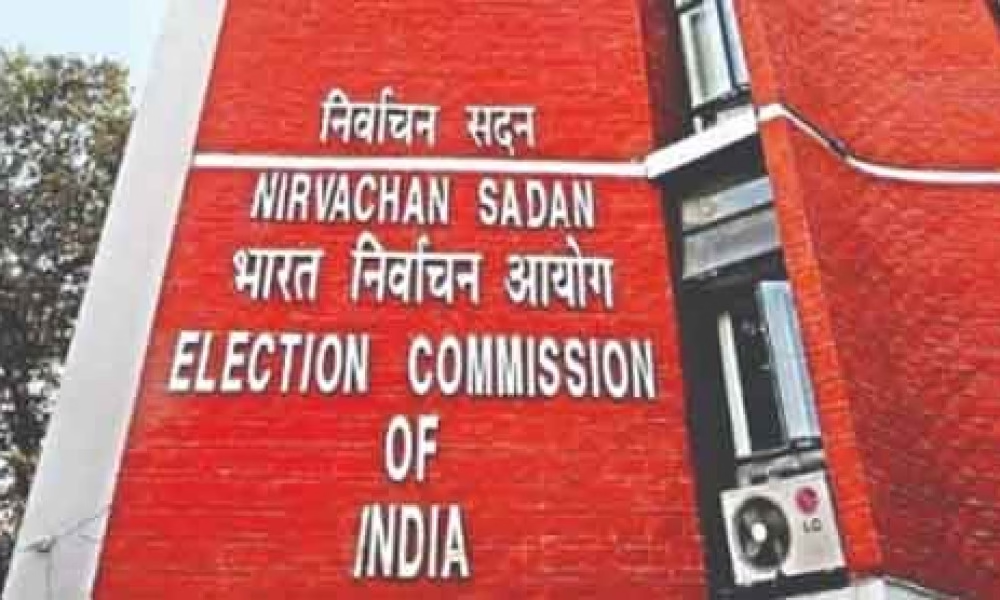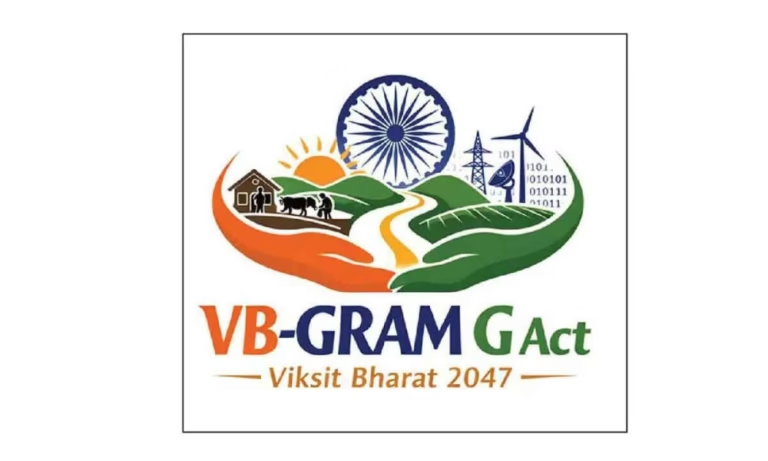
In a strategic move, the Telugu Desam Party (TDP) has distanced its objections from the Election Commission’s Special Intensive Revision (SIR) drive in Bihar. The party, a key ally of the BJP-led NDA, emphasized that the voter registration process should be hassle-free, ensuring no citizen is left struggling to get enrolled. This comes just a day after the TDP raised concerns about the exercise.
The TDP clarified that its submission to the Election Commission of India (ECI) was specific to Andhra Pradesh and should not be linked to the ongoing SIR in Bihar. With 16 MPs, the party plays a pivotal role in the NDA coalition, and its nuanced approach reflects a careful balance between supporting the alliance and advocating for voter-friendly policies.
Lavu Srikrishna Devarayulu, the TDP MP who led the delegation to the ECI, stated that their discussions were part of a routine consultation on electoral roll revisions. He praised the ECI’s efforts but stressed that the voter must remain the central focus. “The voter should not have to run from pillar to post to get included in the rolls. If SIR is implemented, the verification process must be seamless,” he said.
The TDP’s four-page submission to the ECI outlined key recommendations. These included defining the purpose of SIR clearly, ensuring it is unrelated to citizenship verification, and completing the process at least six months before elections. The party also argued that the burden of proof should lie with the election body, not the voter.
By avoiding direct criticism of the Bihar SIR, the TDP has steered clear of giving opposition parties like the Congress ammunition to target the government. The timing of this stance is significant, as Parliament’s monsoon session is about to begin. The party’s careful positioning suggests it wants to maintain alliance harmony while addressing electoral concerns.
TDP national spokesperson Jyothsna Tirunagari reiterated that their discussions with the ECI centered on Andhra Pradesh. She highlighted issues such as duplicate voter entries, the use of technology for verification, and the inclusion of migrant workers in the electoral process. “We proposed mobile vans for migrant laborers and training for political party agents involved in voter roll revisions,” she added.
The TDP’s move to delink SIR from citizenship questions also seems aimed at reassuring its minority voter base, which is crucial for the party’s regional stronghold. This dual approach of backing the NDA while pushing for voter-friendly reforms showcases the TDP’s balancing act in coalition politics.
As the debate over electoral reforms continues, the TDP’s stance highlights the complexities of alliance dynamics. The party’s emphasis on easing voter registration could resonate with citizens frustrated by bureaucratic hurdles. Meanwhile, its alignment with the NDA remains intact, at least for now.














